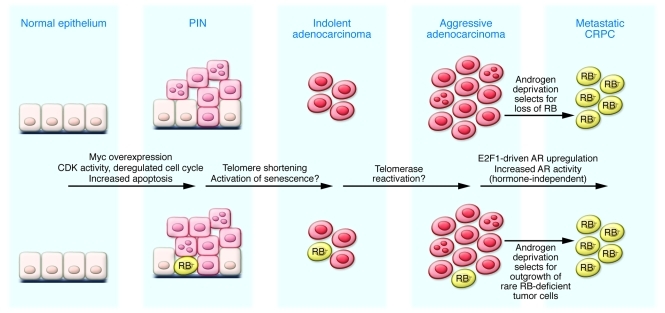Figure 2. Understanding the role of RB in preventing progression to CRPC at the cellular level.
The progression of prostate cancer through different stages, from PIN to adenocarcinoma to metastatic CRPC, has been associated with activation of specific oncogenes, such as Myc, and loss of key tumor suppressors, such as PTEN, at early stages of tumorigenesis (6). Detectable loss of RB1 at late stages upon progression to CRPC raises the intriguing question as to whether androgen deprivation is selecting for androgen independence through genetic loss/epigenetic silencing of RB1 in previously androgen-dependent cells, or whether such RB-deficient androgen-independent cells were present in low abundance throughout tumorigenesis, but now have a growth advantage over RB-proficient androgen-dependent cells, allowing them to expand to become the dominant tumor cell type represented.

